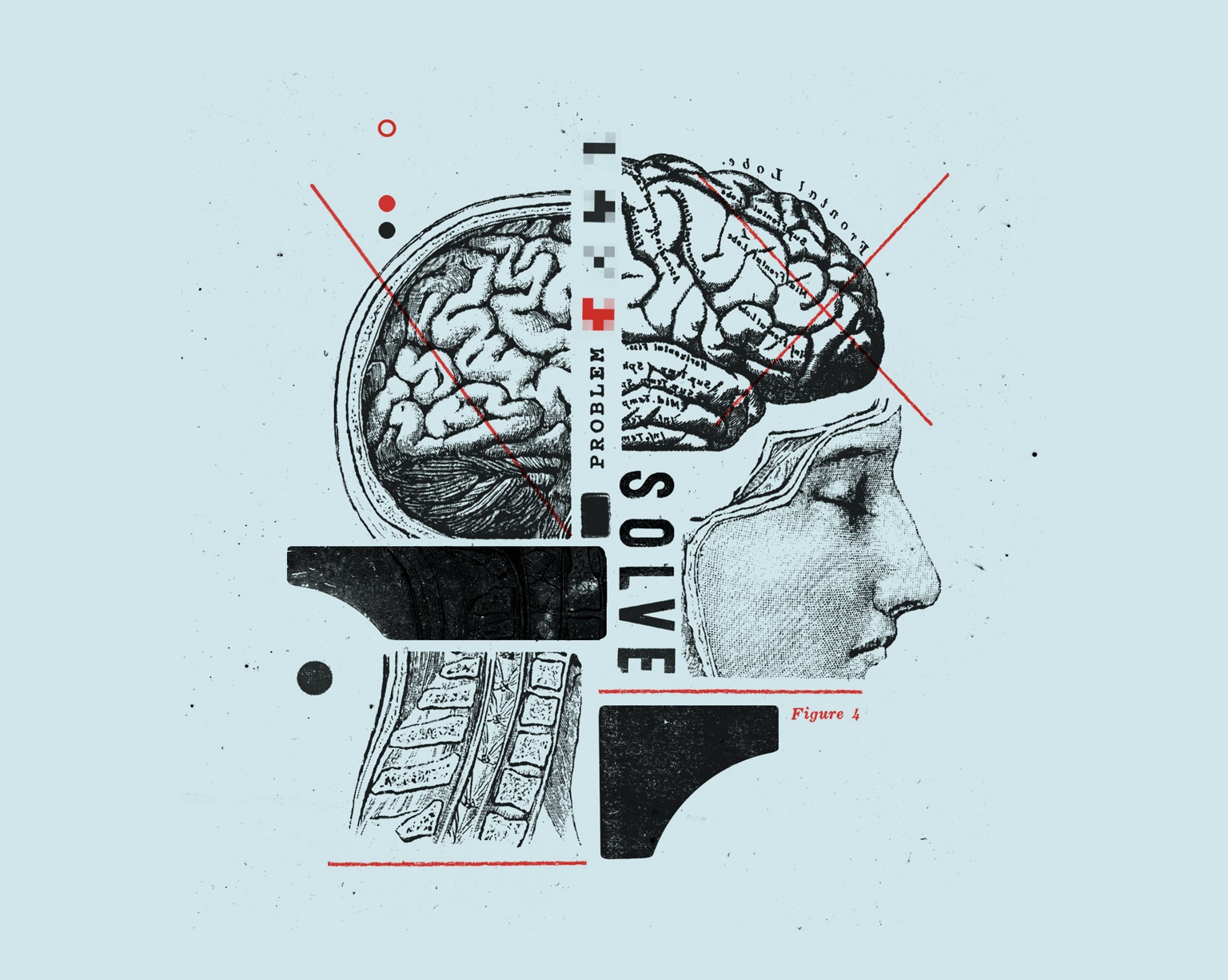My goal is to educate visitors about the importance of mental health, reduce stigma, and promote conversations that encourage empathy and understanding by facilitating a community where individuals feel heard and supported, I hope to contribute to a broader movement prioritizing mental health in our society.
I surveyed 100 people in the Tucson area about their mental health and these are the questions asked.
1.Do you feel like you are depressed?
2.Do you believe money can bring you happiness?
3.Do you believe love can bring you happiness?
4.Do you feel like you have anxiety?
5.(If you answered Yes to questions 1 or 4 answer this question) Do you feel that your depression or anxiety was caused by a traumatic event?
6.Have you been diagnosed with Depression or anxiety or any other mental disorders or illness.
7.1(If yes to question 6 answer question 7) Have a seen therapist or take medication for these mental disorders or illness’s
7.2 .(If No to question 7.1 answer question 7.2) If you haven’t seen a therapist is it because of a lack of resources?
8.Do you feel you have people who care to hear about your problems or fears?
9.Do you feel or have been told that you are an overthinker?
10.Where would you want to go most out of these places (gym, bar, church, movies)
11.How many hours a day are you on social media and which is your favorite?
12.Do you feel you live in the past, present or future within your own head?
13.Would you say that your diet consists of more healthy or unhealthy choices?
Below is the data I have gathered from the survey
This is the data from questions 1-4.
69% of the survey have either said that they are depressed or have anxiety caused by a traumatic event. This is the result I expected being that people are affected by their environment.
The following charts are the results of questions 6-7.2. Out of 100 people 26 have said they have been diagnosed with depression or anxiety and out of those 26 people 85% have seen a therapist and or have taken medication. 19% of the 26 people haven’t had help because of a lack of resources.
These two graphs display data for questions 8 and 9. The percentage of people who have someone to talk to may impact whether they may be depressed. 33% of people who claim to be depressed, 22% of them say they have no one to talk to. There may be a correlation with this data. 80% of the people said they are overthinkers, 65% of people claim to have anxiety which may have a relation to each other.
The final graphs for questions 10-13 go over the habits of the participants. The percentage of people that are depressed according to the study is 33% and the bar and gym are almost split even 15% for church and 18% for the bar which may be connected. The survey suggests that theirs a possibility that between unhealthy eating habits which is 47% that eat unhealthy and the total of people who have anxiety or depression is 69% however the margin is to high so there may not be a comparison.














